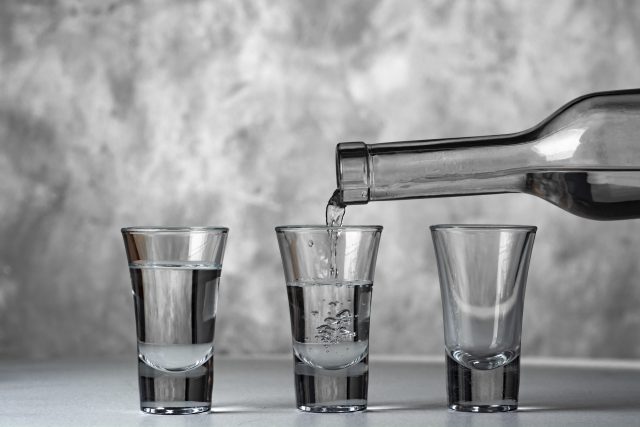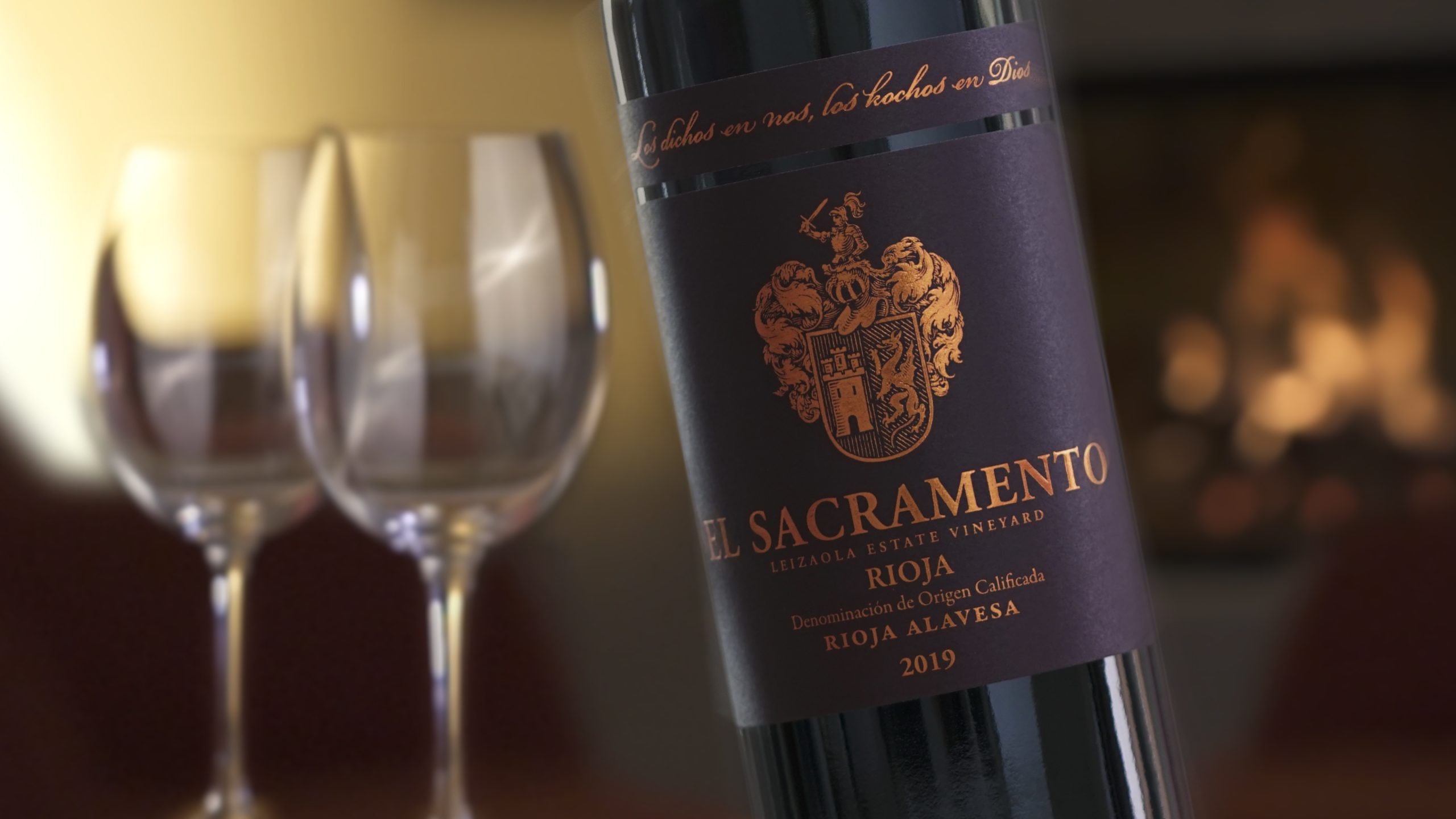Russian vodka brands face pressure due to boycotts
By Jessica MasonRussian vodka is bearing the brunt of boycotts following the Russian invasion of Ukraine, according to analysts.

Notably, pressures on the vodka brand owners rose when US government put sanctions on state-run liquor stores to stop selling Russian-made vodka. However, while many private establishments then began doing the same, the vodka companies began to feel the pinch.
GlobalData explained how these sanctions have now started to damage brand recognition of Russian suppliers while offering a spotlight to other producers.
Carmen Bryan, consumer analyst at GlobalData said: “Governments have been implementing sanctions however, it is interesting to see similar moves from the wider public and independent businesses. GlobalData’s survey reveals that brand loyalty is heavily influenced by alignment to one’s values. This puts Russian vodka brands in a precarious position, as prolonged conflict will not only damage immediate sales, but may also cause permanent disillusionment against Russian commodities in the long-term.”
According to GlobalData’s findings, 41% of people worldwide completely or somewhat agree that they will boycott a brand that does not align with their personal beliefs or values. Similarly, 51% of people are more loyal to brands that support social causes and human rights.
Partner Content
Bryan added: “Boycotting essential goods can be a difficult and drastic step. However, this becomes a lot more likely in a saturated, non-essential market such as vodka, where there is an array of competitor brands to choose from. As the situation in Ukraine continues, we may see people in Western Europe and North America opt for alternative brands such as the Swedish made Absolut, France’s Grey Goose or the US made SKYY.”
In a recent report by db, 20 alternatives to Russian vodka brands were listed as suggested replacements to assist operators and bottleshops find suitable replacements. Additionally, bars began removing Moscow Mule cocktails from their drinks lists in favour of Kyiv Mules with db detailing the recipe for those looking at switching as a show of support for the people of Ukraine.
The crisis in Ukraine, which has rocked the world, has also seen shifts in the beverage market in with breweries in Ukraine opting to stop brewing beer and start making Molotov cocktails as a means for civilians to ward off the Russian invasion.
GlobalData’s findings concluded that if the situation escalates, it may lead to an overhaul of European supply chains, creating more localised production in both Russia and the rest of Europe as companies pull out of the conflict zone, as well as increased trade to countries in Asia
The global vodka category was valued at US$75.7 billion in 2020, representing an 11.3% share of global spirits value, making it the third largest spirits category, following rum and whisky.
Related news
Diageo trades Cîroc stake for global Tequila push
The Montana Distillery files for bankruptcy
Formula 1 at a crossroads: tradition meets wellness in sponsorship evolution




